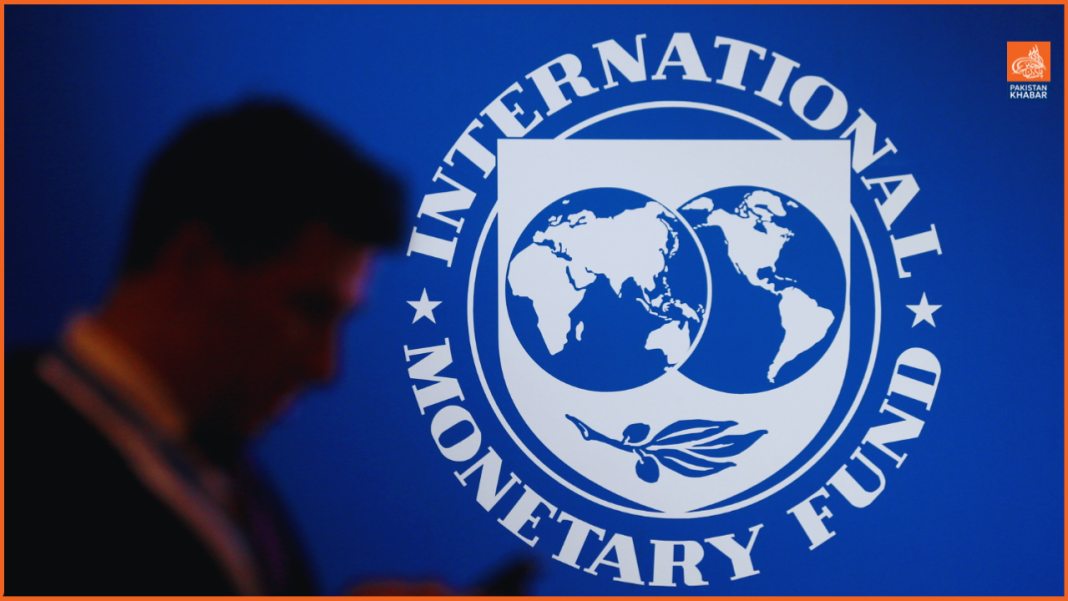On Wednesday, the International Monetary Fund (IMF) approved a new $7 billion bailout package for Pakistan after the country pledged to reform its agricultural income tax, shift some fiscal responsibilities to the provinces, and limit subsidies.
According to the Prime Minister’s Office, the IMF Executive Board approved the 37-month Extended Fund Facility (EFF), releasing the first tranche of around $1.1 billion. This is Pakistan’s 25th IMF program since 1958 and its 6th EFF. The Finance Ministry reported that Pakistan will pay roughly a 5% interest rate on the loan.
Prime Minister Shehbaz Sharif, echoing sentiments from the 24th IMF program in 2023, reiterated that this would be Pakistan’s last IMF deal. He credited the new bailout to Deputy Prime Minister Ishaq Dar, Chief of Army Staff General Asim Munir, and the finance team, acknowledging that without the cooperation of all four provinces, the federal government wouldn’t be able to complete this program.
Notably, the governments of Sindh and Balochistan ratified a memorandum of understanding to sign the National Fiscal Pact just after Pakistan reached a staff-level agreement with the IMF on July 12th. The Sindh government signed on July 30th, while Balochistan agreed on July 26th.
Despite the program’s approval, the IMF did not address one of the root causes of Pakistan’s reliance on such loans: the need for debt restructuring. Last fiscal year, 81% of Pakistan’s tax revenue went toward paying external and domestic debts.
This new bailout aims to stabilize Pakistan’s economy by consolidating public finances, rebuilding foreign exchange reserves, reducing fiscal risks tied to state-owned enterprises, and creating a more conducive environment for private-sector growth. As part of the agreement, the government imposed additional taxes ranging from Rs1.4 trillion to Rs1.8 trillion, raised electricity prices by up to 51%, and pledged greater transparency in the management of the Sovereign Wealth Fund.
To secure an IMF board meeting, Pakistan even took out a $600 million loan, the most expensive in its history. Key conditions of the program include improving the fiscal viability of the power sector, privatizing loss-making entities, and increasing tax revenues. This time, provincial budgets and revenues are also included, with nearly a dozen IMF conditions directly impacting the provinces.
By next Tuesday, the federal and provincial governments will sign a new National Fiscal Pact, shifting responsibilities for health, education, social safety nets, and infrastructure projects to the provinces. Provincial governments must also align their agriculture income tax rates with federal personal and corporate income tax rates by October 30th, meaning the agricultural tax rate will rise from 12-15% to 45% by January.
Additionally, the provincial governments have agreed to stop offering electricity and gas subsidies, halt the creation of new Special Economic Zones, and phase out tax incentives for existing zones by 2035.
Under the program, Pakistan must show a primary budget surplus of 4.2% of GDP over the next three years, excluding interest payments. This will squeeze non-interest expenses and add a tax burden of about 3% of GDP. If there’s a tax shortfall, the government has committed to introducing a mini-budget to increase taxes on imports, contractors, professional service providers, and fertilizers. The Federal Board of Revenue (FBR) faces a potential Rs200 billion tax shortfall in the first quarter alone.
The IMF has also required Pakistan to maintain its defense and subsidy spending at last year’s level. However, the program does not fully address the country’s debt sustainability issues and focuses on rolling over maturing external debt during the program period. Pakistan has agreed not to repay $12.7 billion in loans to Saudi Arabia, China, the UAE, and Kuwait during this time.
Before the IMF board gave its approval, Pakistan had to close a $2 billion financing gap, for which it secured an 11% interest commercial loan—the most expensive in the country’s history—from Standard Chartered Bank.
On Wednesday, the Asian Development Bank (ADB) cautioned that Pakistan’s rising political and institutional tensions could hinder the implementation of these critical reforms, which are vital to ensuring continued external lending.




